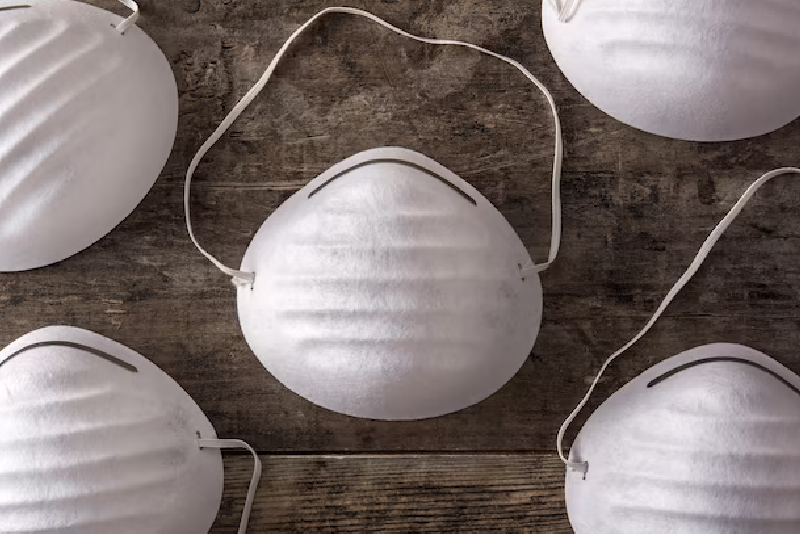
Masks are a key measure to reduce transmission as well as save lives. Wearing a well-fitted mask should be utilized as an aspect of one balanced ‘Do it all!’ approach including maintaining physical distancing, avoiding crowded, closed as well as close-contact settings, ensuring good ventilation of indoor spaces, cleaning hands regularly, as well as covering sneezes as well as coughs in the presence of a tissue of bent elbow.
Depending on the type, masks can be used for either protection of healthy persons or to prevent onward transmission, as well as both.
Reusable non-medical masks
Those which comply with the ASTM F3502 standard as well as CEN Working Agreement 17553, as well as a non-medical mask meeting WHO essential parameters.
Disposable medical masks
Those which comply in the presence of medical mask standards EN 14683 Type I, ASTM F2100 Level 1, YY/T 0969, YY 0469 (as well as equivalent).
Other types of well-fitting non-medical masks, including homemade multi-layered masks are an acceptable option, when other options are not available. They are also recommended for the following groups, because if infected, they are at a higher risk of becoming seriously ill with COVID-19 as well as dying:
- People aged 60 or over.
- People of any age in the presence of underlying health conditions, including chronic respiratory disease, cardiovascular disease, cancer, obesity, immunocompromised patients as well as diabetes mellitus.
Disposable medical masks are also recommended for:
- Anyone who is feeling unwell, including people in the presence of mild symptoms, such as muscle aches, slight cough, sore throat as well as fatigue.
- Anyone awaiting COVID-19 test results as well as who has recently tested positive.
Respirator
Respirators (also known as filtering facepiece respirators – FFP) are available at different performance levels such as FFP2, FFP3, N95, N99, N100. A respirator or a medical mask should be worn by caregivers at any setting where care is provided to patients with suspected as well as confirmed COVID-19, including home care, long-term care facilities as well as community care settings.
Medical masks as well as respirator masks are similar in their filtration value. However, respirators also have a tight fit around the wearer face as the model as well as size of the respirator is specific to the wearer to ensure an adequate seal. Respirator masks are designed to protect health workers who provide care to COVID-19 patients in settings as well as areas where aerosol generating procedures are undertaken. They are also recommended for health workers providing care to suspected as well as confirmed COVID-19 patients in settings where ventilation is known to be poor as well as can not be assessed as well as the ventilation system is not properly maintained.
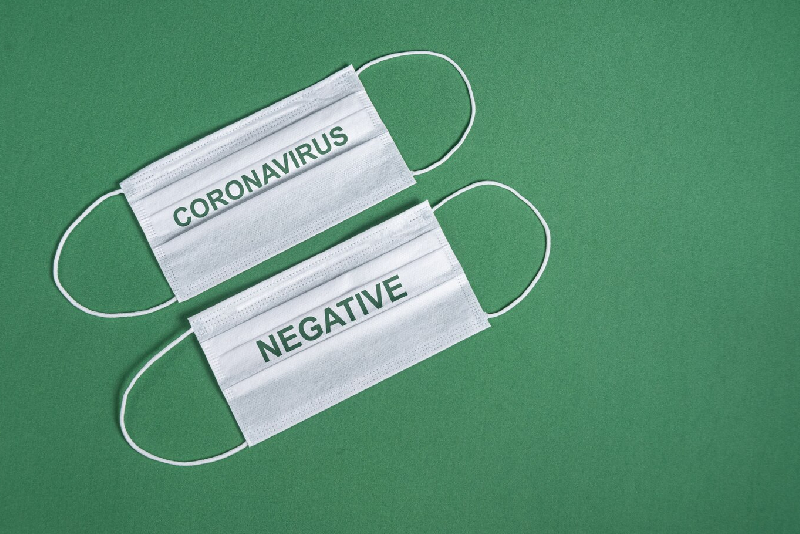
To sum it up
Health workers should be fit tested before using a respirator to ensure that they are wearing the correct size. Wearing a loose-fitting respirator is going to not offer the same level of protection to the wearer as it may allow small particles to get inside the mask where there are gaps, for example through the side.
Contact us for more information.



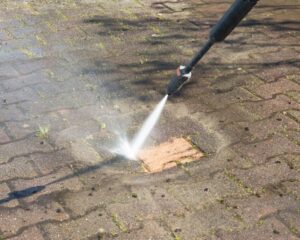


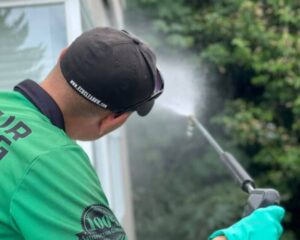
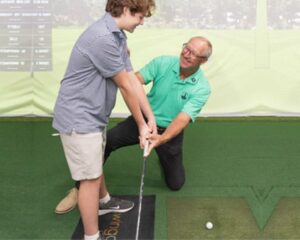
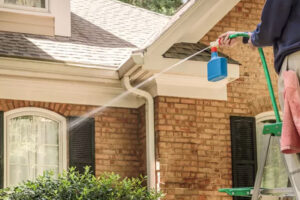




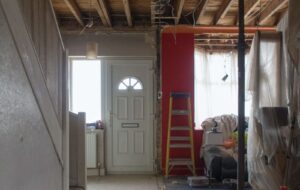




No Comments yet!